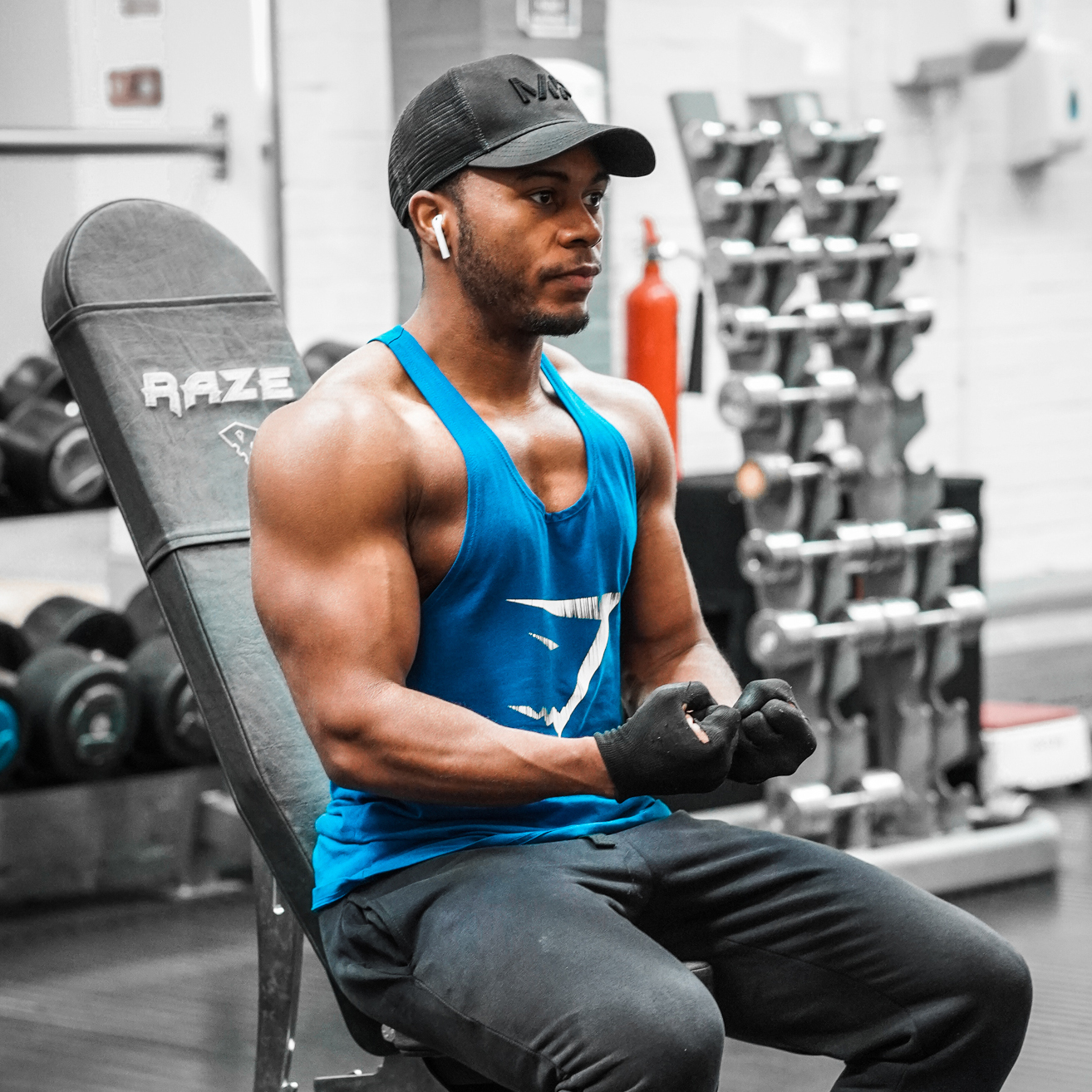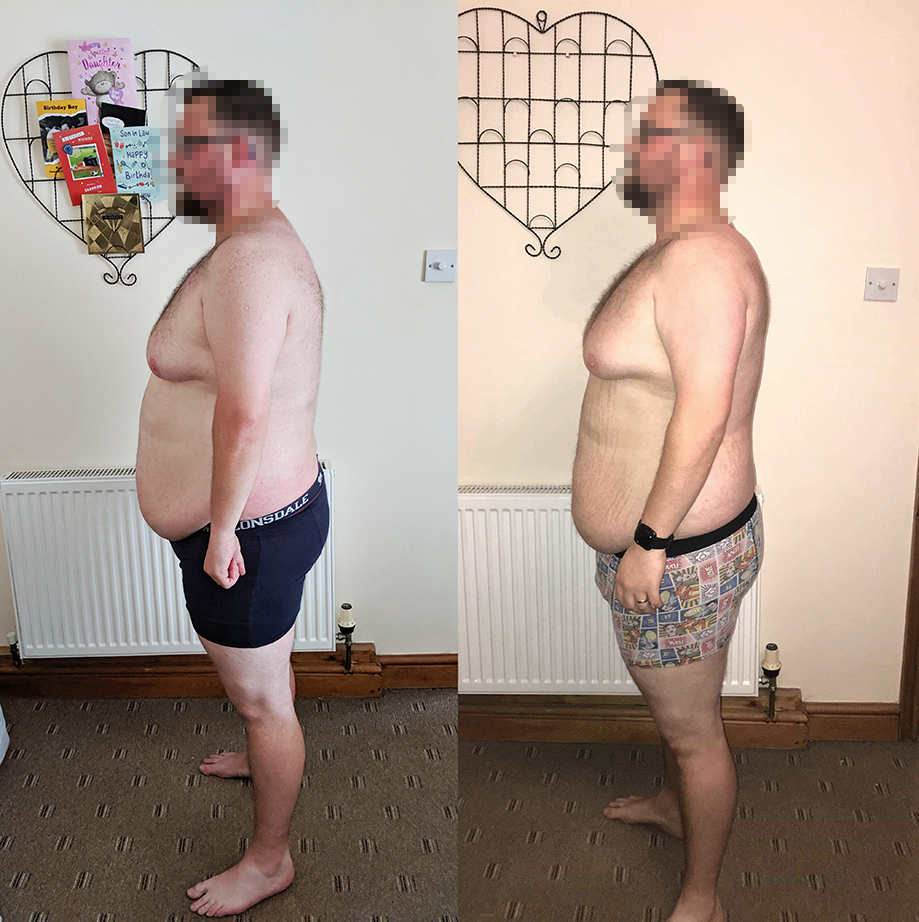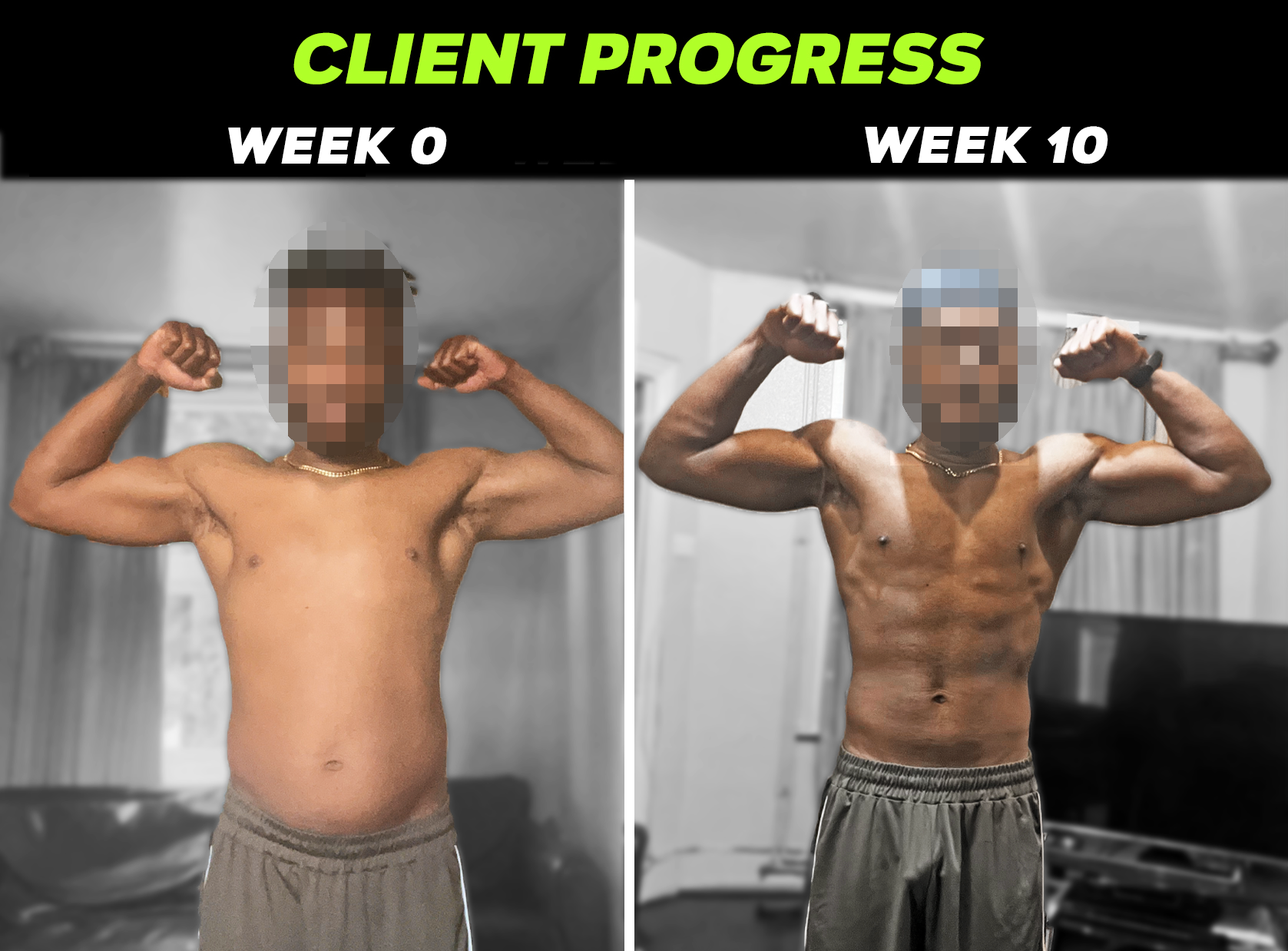Want to bulk up and build some serious muscle? You’ve likely heard, protein is essential for gains, but how much do you really need to eat? Let’s go over facts and figure out the optimal protein intake for your muscle growth.
How does a high protein diet help build muscle?
First off, it’s important to understand why protein is so crucial when it comes to muscle building. When you work out, you’re essentially tearing down your muscle fibers. In order to repair and rebuild those fibers, your body needs protein as the building blocks. Without enough protein, your muscles won’t be able to repair and grow as effectively, which means you won’t see the results you’re after.
How much protein do I need to build muscle?
Well, the answer varies depending on a few factors, including your age, gender, weight, and activity level.
If you’re a sedentary individual (not particularly active), you’ll need less protein than someone who is hitting the gym regularly. Generally speaking, the average sedentary person needs about 0.8 grams of protein per kilogram of body weight per day.
Most experts agree that consuming between 1.6 and 2.2 grams of protein per kilogram of body weight per day is optimal for muscle building. So, if you weigh 80kg, you should aim to consume between 128 and 176 grams of protein per day.
When should I consume protein?
Timing is also important when it comes to consuming protein for muscle building. It’s a good idea to consume protein throughout the day, as opposed to one or two large meals. This can help ensure that your muscles have a steady supply of protein to repair and grow.
What are some good sources of protein?
There are many good sources of protein, including:
- Lean meats, such as chicken, turkey, and fish 😋
- Eggs – Whole and Egg whites
- Dairy products, such as milk, cheese, and yogurt
- Legumes, such as lentils, beans, and peas (great for vegans)
- Nuts and seeds
- Protein powders and bars
Keep an eye on nutrient-dense foods too
When choosing high protein sources, it’s important to consider factors such as nutrient density, calories, and overall nutritional value (macros and micros).
For example, while processed meats like sausages and bacon may be high in protein, they’re also high in saturated fat, so not really the healthiest. With that being said you can still mix them in your diet as a treat.
Do you need Protein Shakes?
Protein shakes are a convenient and effective way to increase your protein intake, especially if you struggle to get enough protein from whole food sources.
They can be really useful after a workout, as they can help to kick-start the muscle repair process and improve recovery. However, protein shakes should not be relied on as a replacement for a healthy, balanced diet. It’s always best to aim to get the majority of your protein from whole foods, and use protein shakes as a supplement when needed.
Recommended Supplements for Protein: Myprotein
Summary
- Protein is crucial for muscle building.
- Choose nutrient-dense, low-calorie sources and eat throughout the day. You’ll be on your way to healthy, strong muscles!
- For optimal muscle building, consume between 1.6-2.2 grams of protein per kilogram of body weight daily. Prioritise healthy protein sources that are low in calories and spread intake throughout the day.





